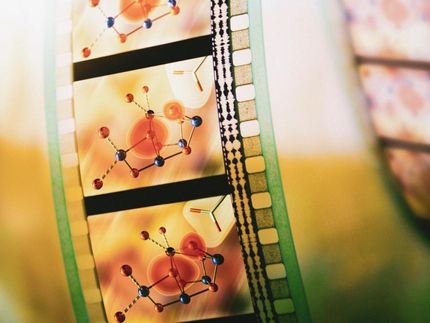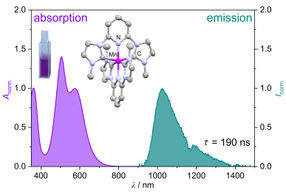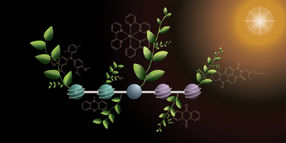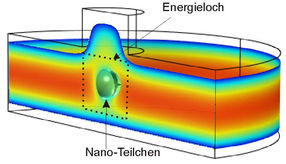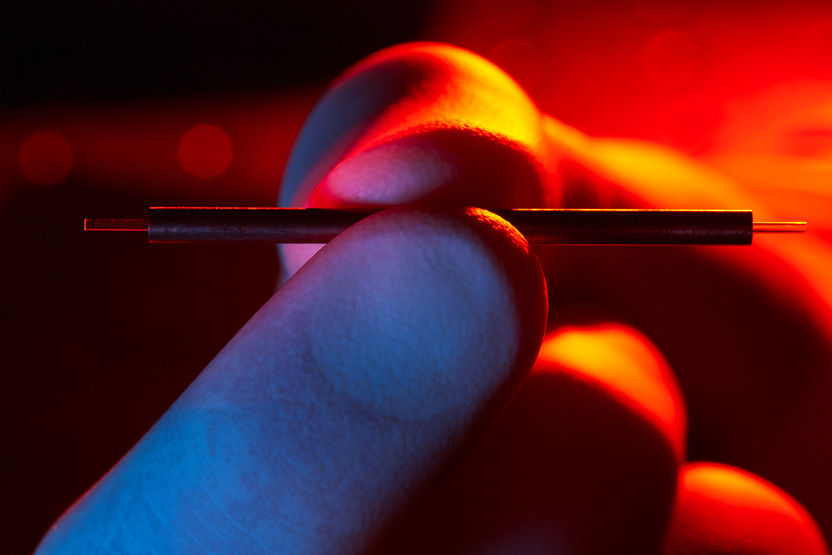Efficient and robust
Freiburg Physicists show why quantum transport can be close to optimal even in disordered molecular structures
Advertisement
Geometric properties that enable waves to overlap and reinforce each other even in disordered molecular structures: A team led by the theoretical physicist Dr. Florian Mintert and the biophysicist Dr. Francesco Rao, junior fellows of the School of Soft Matter Research at the Freiburg Institute for Advanced Studies (FRIAS) of the University of Freiburg, is investigating the conditions and laws of quantum transport in a current study. In light of an impending global energy crisis, the use of renewable energies like solar energy holds great promise for sustainable development. For millions of years, plants have used solar energy in the process of photosynthesis, converting lower-energy substances into high-energy substances with the help of light energy.
Quantum transport plays an important role in photosynthesis. It is based on a sensitive state that leads to constructive interference, causing waves to overlap and reinforce each other. Preconditions for this state are typically a well-controlled environment and very low temperatures. With the help of theoretical models and complex network analyses, the Freiburg scientists have now succeeded in identifying key geometric properties that enable constructive interference even in disordered media like molecular structures. In particular, dividing the medium into active and inactive components makes the transport efficient as well as robust against thermal fluctuations, i.e., motion of the individual components. Combining these properties as a construction principle would allow scientists to produce molecular structures that achieve optimal efficiency even when control over the precise geometry is suboptimal.
The study is the result of an interdisciplinary project conducted by two junior research groups at FRIAS that merged knowledge of quantum systems and molecular processes with expertise in the analysis of complex networks. The study underlines the necessity of interdisciplinary cooperation for tackling and solving challenging scientific problems.
Original publication
Other news from the department science
Most read news
More news from our other portals
See the theme worlds for related content
Topic world Synthesis
Chemical synthesis is at the heart of modern chemistry and enables the targeted production of molecules with specific properties. By combining starting materials in defined reaction conditions, chemists can create a wide range of compounds, from simple molecules to complex active ingredients.

Topic world Synthesis
Chemical synthesis is at the heart of modern chemistry and enables the targeted production of molecules with specific properties. By combining starting materials in defined reaction conditions, chemists can create a wide range of compounds, from simple molecules to complex active ingredients.



